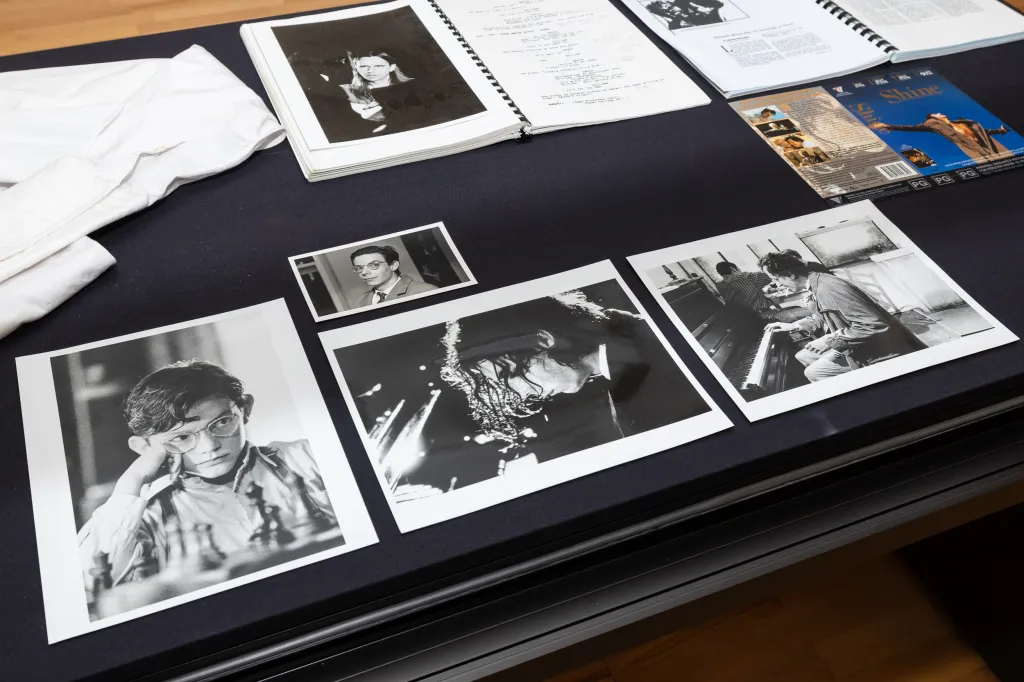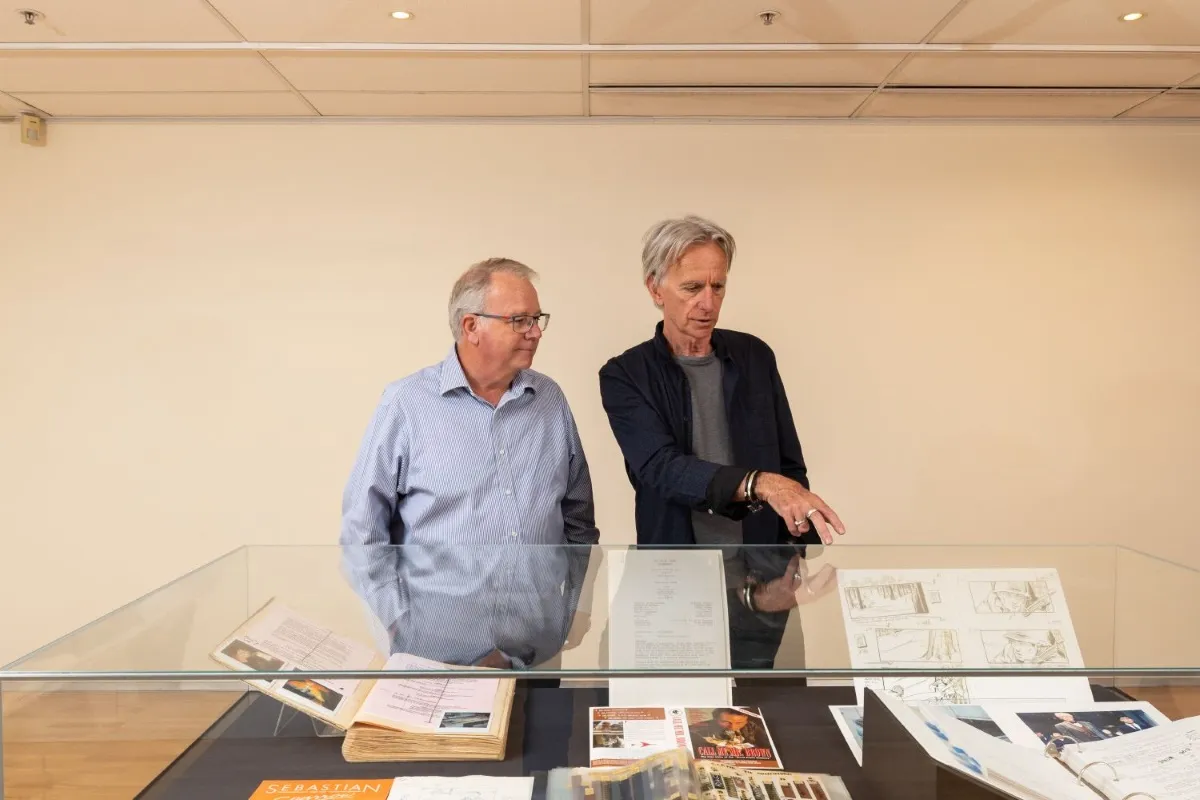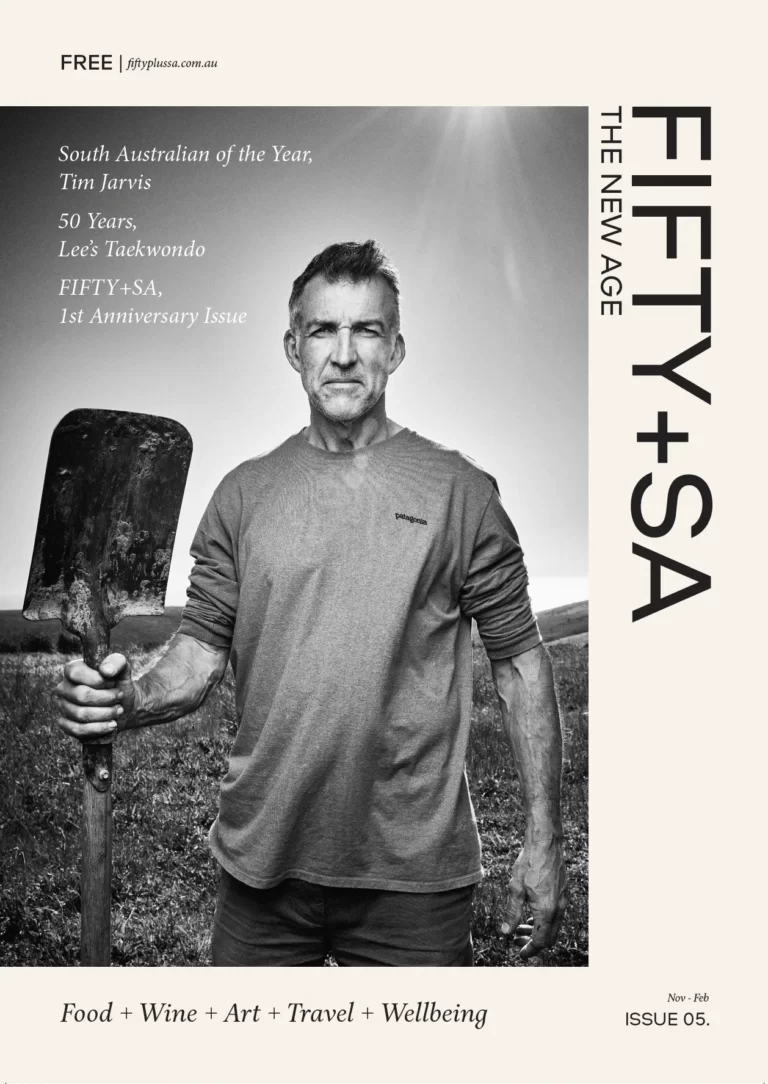Hicks’ donation includes a fascinating array of items like original film scripts, props, running sheets, and award submissions, offering a unique glimpse into the world of filmmaking.
Among the standout pieces in the collection are a facsimile from the iconic Steven Spielberg congratulating Hicks on his Academy Award nomination for “Shine” (1996) and a captivating oil painting portrait of the director by acclaimed artist David Bromley. These, along with thousands of other items, will become part of the State Library’s diverse collection, adding a layer of cultural richness to its treasures.
Geoff Strempel, Director of the State Library of South Australia, commented on the acquisition, stating, “Scott Hicks outstanding film work is synonymous with South Australia, and it is only fitting that these culturally significant film items are now part of the State Library’s diverse collection.”
The Scott Hicks archive is a testament to the life and work of one of Australia’s most influential filmmakers, spanning the late 20th century to the 21st century. The library’s team has meticulously processed, digitised, and preserved countless hours of never-before-seen film material. This includes actors’ screen tests, daily rushes, and more, providing an invaluable resource for film students, cultural historians, and the broader South Australian community.

Hicks’ two new films, “The Musical Mind” and “My Name’s Ben Folds – I Play Piano,” had their world premieres at this year’s Adelaide Film Festival. The event coincided with the public display of selected items from the Scott Hicks collection at the State Library.
Hicks expressed his gratitude for the State Library’s commitment to preserving his personal archive. He explained, ”I seem to have thrown nothing away. It’s fascinating to think it may now be useful for future filmmakers and others to contemplate and learn from.”
“South Australia is where I got my start in the film industry and remained my home base throughout my Hollywood career following the success of Shine. I’m deeply honoured to see my personal archive in the careful hands of the State Library of South Australia.”
He went on to say he hopes the collection can create a portal into the art, the craft and the sheer heavy lifting of filmmaking. “It spans the end of the celluloid era into the digital domain of the present. I do hope a new generation of filmmakers can find inspiration in it, or simply fascination with the processes of a pre-digital generation,” he said.
Image credit: Sia Duff









